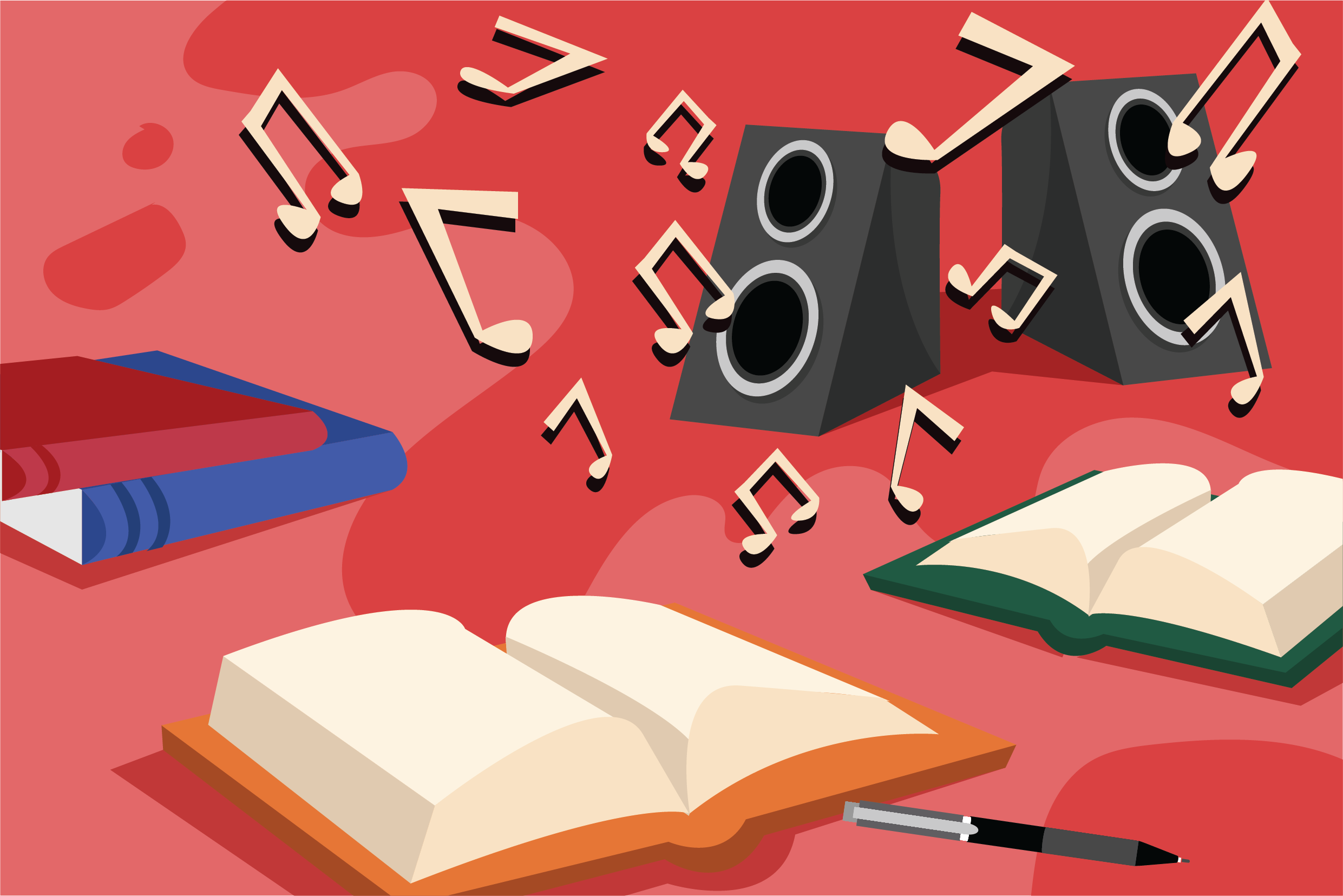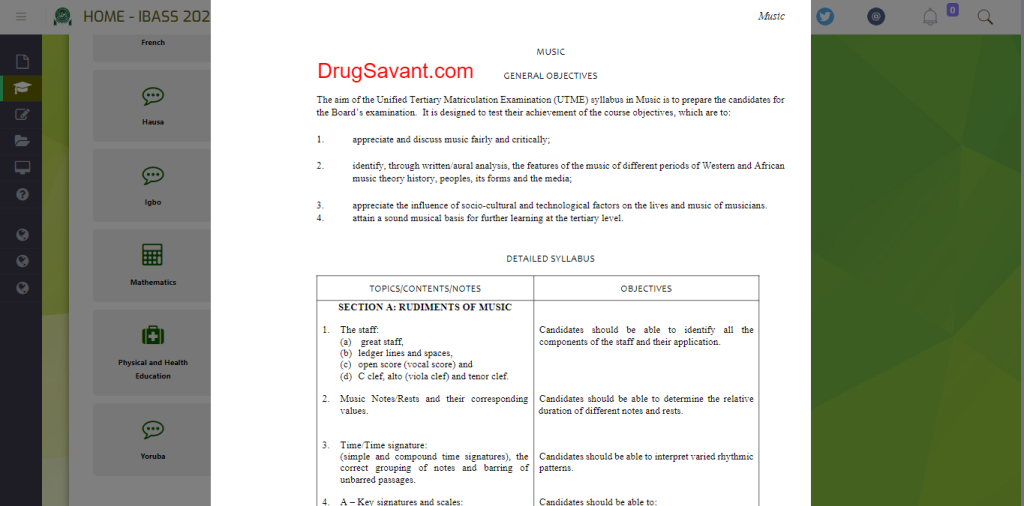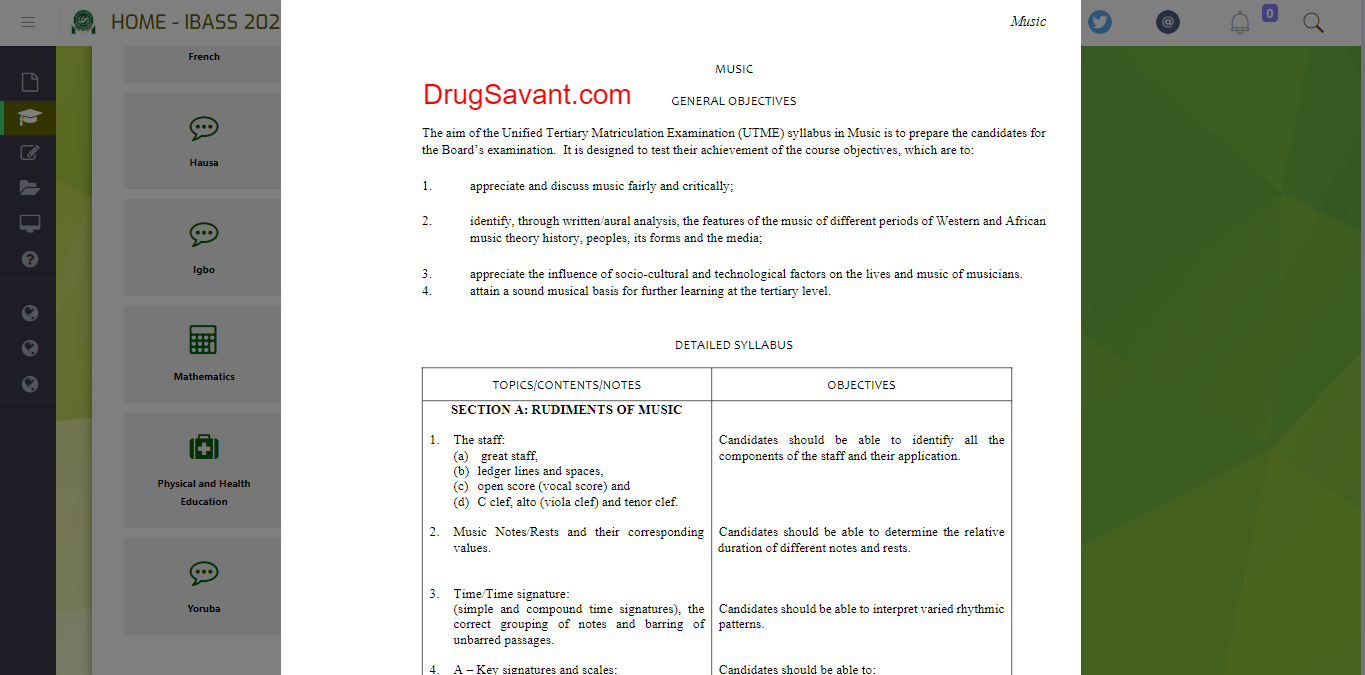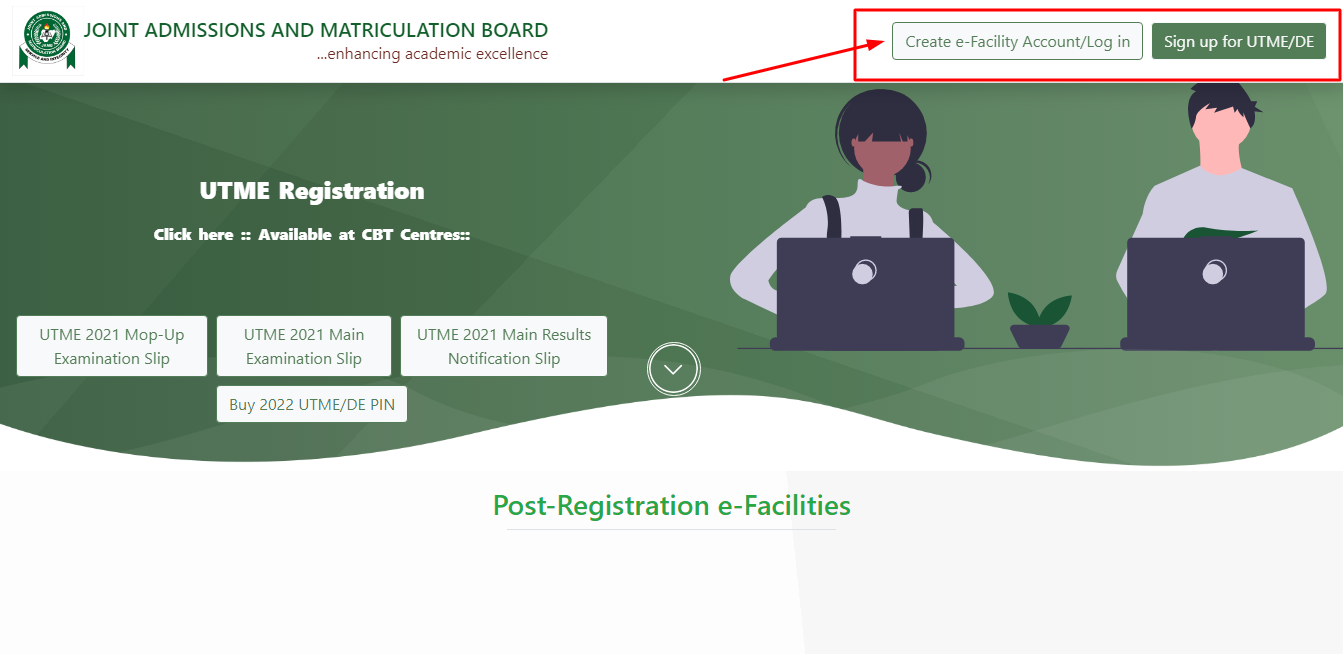JAMB Music Syllabus 2024/2025: Is JAMB Syllabus for Music out for this year’s JAMB? when will JAMB syllabus for Music be out?” what topics do JAMB set questions from Music the most? what is the most repeated topic in Music?
Welcome SAVANT! to another exciting episode of “JAMB Doctor Series” in this episode we will provide you with the official topics recognize by JAMB, which you are expected to be a guru in before entering the hall to sit for your JAMB Exam for Music. STAY TUNED!

Have you ever wondered where you can find the topics for Music JAMB asks or the most repeated topics or questions? then you are a step away from finding your answer.
JAMB Syllabus is the only expo you will be getting as you prepare for your UTME exams, this syllabus contains area of concentrations and topics your questions will be asked from.
Read Also: WAEC Marking Scheme For All subjects: Grading System
ARE YOU ON TELEGRAM? Subscribe To My Telegram Channel For Frequent Updates & Guide by clicking the "SUBSCRIBE NOW" button below.
Any smart students would cherish this piece and make effective use of it, the fact that you are searching for this now, simply means you are in the right direction. You should see my top notch guide on How To Pass JAMB With High Score (300+).
What Is JAMB Music Syllabus?

JAMB Syllabus for Music is a collection of topics the board expects you to be well grounded in before the exam.
If Music is one of the subjects you will sit for in JAMB, then you need this syllabus, these were compiled by JAMB, so it is something you can rely on.
Read also: JAMB Profile 2024/2025: How To Create & Access It (All To Know)
JAMB Syllabus For Music

JAMB Music syllabus is designed to evaluate your ability to:
- appreciate and discuss music fairly and critically;
- identify, through written/oral analysis, the features of the music of different periods of Western and African music theory history, peoples, its forms, and the media;
- appreciate the influence of socio-cultural and technological factors on the lives and music of musicians.
- attain a sound musical basis for further learning at the tertiary level.
Download your copy of the syllabus using the download link below👇
Below is a detailed syllabus for JAMB Music, you can bookmark this page for easy access to this page. ENJOY!
SECTION A: RUDIMENTS OF MUSIC
Topic
- The staff:
- great staff,
- ledger lines and spaces,open score (vocal score)and
- C clef, alto (viola clef), and tenor clef.
- Music Notes/Rests and their corresponding values.
- Time/Time signature:(simple and compound time signatures), the correct grouping of notes, and barring of unbarred passages.
- A–Key signatures and scales:
- technical names of the various degrees of the scale
- diatonic major/minor (natural, harmonic, and melodic)
- chromatic scales.
- Determination of the key of a piece of music with or without key signature NOT exceeding two sharps and two flats.
- Keyboard setting and enharmonic equivalents
- Accidentals
- Intervals:
- Recognition of diatonic/ chromatic intervals and their inversions (e.g. perfect unison, perfect 4th, perfect 5th, perfect 8ve), major/minor 2nd, 3rd, 6th, and 7th, diminished 5th, and augmented 4th
- Recognition of consonant and dissonant intervals.
- Definition of simple musical terms, signs, and abbreviations
- Transcription of music from staff into tonic solfa notation and vice-versa.
- Transposition using the treble (G) and bass (F) staves NOT exceeding two sharps and two flats
SECTION B: ELEMENTARY HARMONY
- Triads and their inversions in major/minor keys, NOT exceeding two sharps and two flats.
- Primary triads in major keys.
- Secondary triads in major keys.
- Basic chord progressions in four parts vocal style (SATB) in major keys NOT exceeding two sharps and two flats.
- Dominant 7th chord in root position only
- Kinds of motion; Parallel, similar, contrary and oblique
- Cadences in major keys NOT exceeding two sharps and two flats.
- perfect/ full close cadence
- imperfect/ half close/ semi cadence.
- plagal/Amen cadence
- interrupted / deceptive / evaded / surprise cadence
- Non-harmonic tones/Non-chord tones; identification and application of the following:
- neighboring tones/auxiliary notes
- passing tones/notes
- MODULATION
- Simple diatonic modulations (using a single melodic line) from any given major key NOT exceeding two sharps and two flats to any of its closely related keys (dominant and subdominant).
- Elementary Composition:
- Setting of words to written melody:
- Recognition of suitable answers to given musical phrases
SECTION C: HISTORY AND LITERATURE OF AFRICAN MUSIC
- Nigerian folksongs, types, forms, and characteristics.
- Types: cradle, folk-tales, games, war, satirical, dirges/funeral, historical, praise and worksong,etc.
- Forms: call and response, strophic, through –composed, etc.
- Characteristics:
- Vocal styles: recitative, yodeling, ululation, incantation, heaving, whistling, etc.
- Scales/modes: tritonic, tetratonic, pentatonic, hexatonic etc,
- Metre/Rhythm: Metric and non-metric, polymetric, cross-rhythm, syncopation, hemiola, polyrhythm, etc
- General knowledge of the features and forms of Nigerian traditional music and other arts.
- INSTRUMENTS: Nigerian traditional musical instruments:
- Knowledge of the lives and music of the following African traditional musicians:
- Evolution and Development of African Popular Music
- Highlife, Afro-beat, Fuji, Apala, Reggae, Makosa, Ikwokirikwo, Okukuseku, Ekassa, Akuko na egwu, Awurebe, Waka, Hiplife, Hip-hop, Jujuetc.
- Knowledge of the lives and music of the following African Popular Musicians.
- Knowledge of the lives and music of the following African Art Musicians:
SECTION D: HISTORY AND LITERATURE OF WESTERN MUSIC
- Historical development of Western music styles in respect of the periods
- Medieval/Middle Age (800 –1400).
- Renaissance period (1400 –1600).
- Baroque period (1600 –1750).
- Classical period (1750 –1820).
- Romantic period (1820 –1900).
- COMPOSERS
- Palestrina, Claudio Monteverdi, Henry Purcell, J.S. Bach, G. F. Handel, W. A. Mozart, FranzJoseph Haydn, Ludwig van Beethoven, Franz Schubert, Frederic Chopin, etc.
- MUSIC FORMS AND MEDIA
SECTION E: COMPARATIVE MUSIC STUDIES
- An overview of the following black musicians (composers, performers, etc) in the diaspora. Mighty Sparrow, James Brown, Bob Marley, Michael Jackson, Stevie Wonder, Lionel Richie, R. Kelly, Lorrinan Hill, Kirk Franklin, Tupac Shakur, Shabba Ranks, Quincy Jones, Boyz II Men, Sean Paul, Janet Jackson, Whitney Houston, Beyonce,Brandy, Usher, Kevin Lyttle, Bobby Brown, M. C. Hammer, L. L. Cool J., Dr. Dre, Snoop Doggy, Mary J. Blige, Jay Z, Chris Brown, Bruno Mars, Neo, Rihanna etc.
- Forms to be examined include negro spiritual, gospel music, jazz, rhythm and blues, soul, calypso, rock ‘n’ roll, reggae, afro-beat, tango, rap, chachacha, bolero, twist, hip-hop, etc.
- The spirit of nationalism in Nigerian music.
Frequently Asked Questions
How Many Questions JAMB Sets In Music?
The total number of questions JAMB asked in Music is 40, with each question carrying 2.5 marks.
This means if after answering Music, you were able to answer 30 questions correctly in JAMB you have been able to secure 75 marks for yourself.
JAMB Recommended Textbooks For Music
To make sure your reading is inline with what your should know, JAMB has prepared a list of textbooks that will help you achieve that purpose.
Is JAMB Music Syllabus For 2024 Out?
YES, JAMB syllabus for Music is out.
In Conclusion
It is advisable you go through these topics listed here, as they would help you have a more directed preparation and reading for Music in JAMB.
This will be all for now, I understand you may have a question or two to ask, feel free to drop them using the comment box below!
Ensure to share this with friends on Facebook, Whatsapp, or any other social media network you can connect them with…
Related Searches... a. Igbo jamb syllabus pdf b. Jamb syllabus for igbo pdf c. Jamb syllabus for history 2024 d. jamb syllabus for all courses



